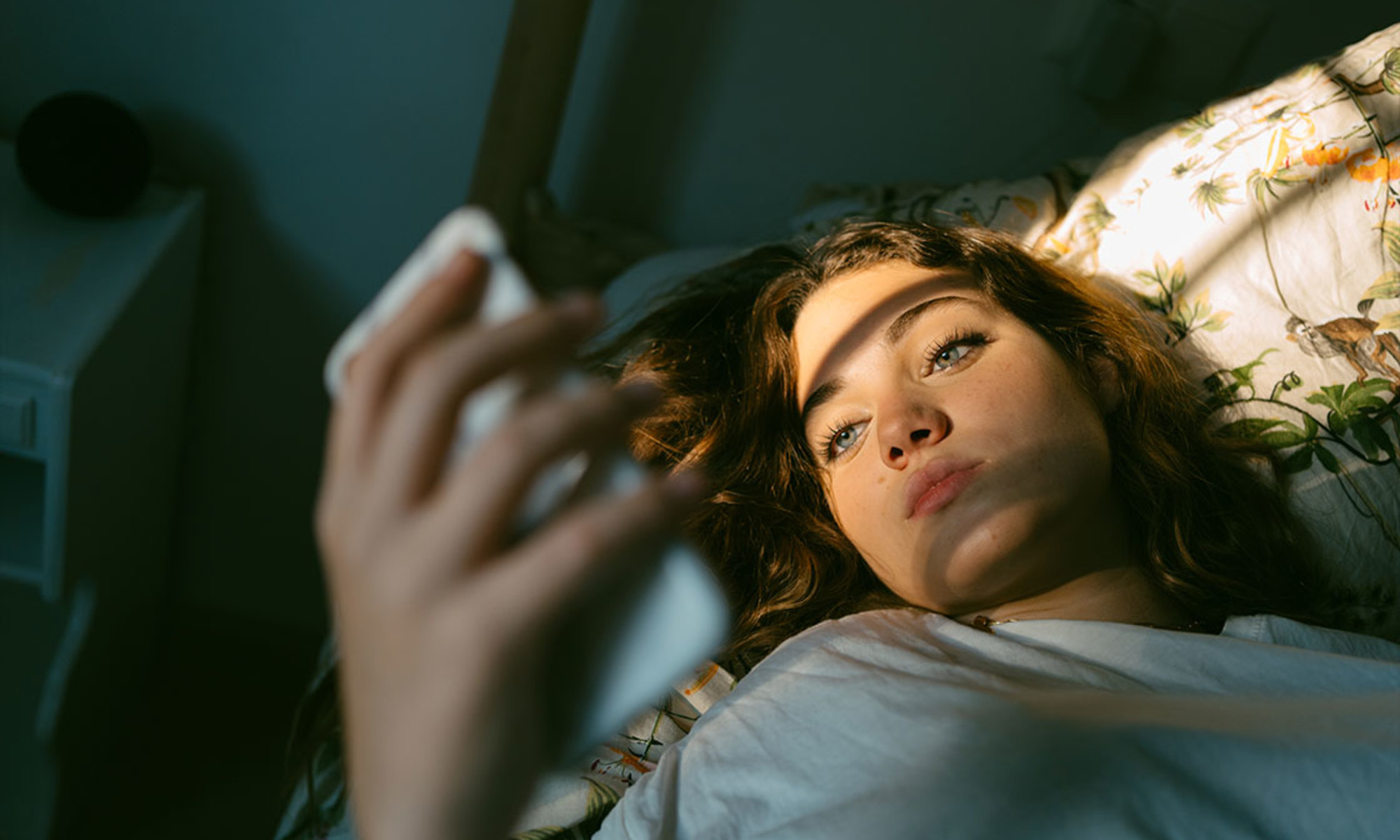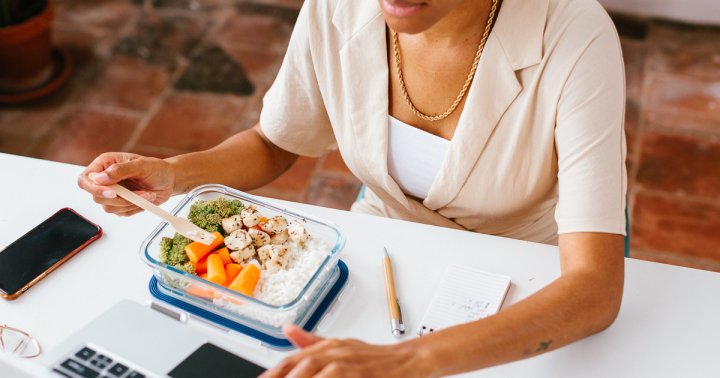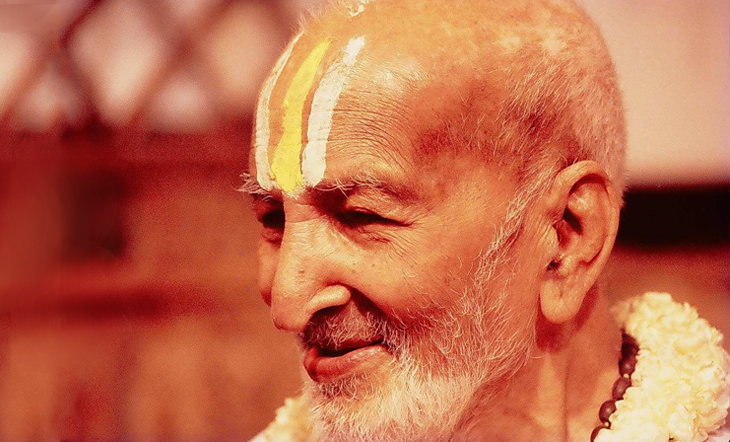A Harvard & Yale-Trained MD Says This Trick Will Help You Sleep Like A Baby
This adult bedtime story will help you sleep like a baby.

Advertisement
This ad is displayed using third party content and we do not control its accessibility features.

Former Senior Beauty & Lifestyle Editor
Former Senior Beauty & Lifestyle Editor
Jamie Schneider is the former Senior Beauty Editor at mindbodygreen. She has a B.A. in Organizational Studies and English from the University of Michigan, and her work has appeared in Coveteur, The Chill Times, and Wyld Skincare.
Image by Eloisa Ramos / Stocksy December 09, 2024 As a kid, perhaps you listened to a story before bed, be it from the pages of your favorite fairy tale or a made-up adventure told in real-time. It turns out this childhood ritual comes with a fair share of benefits: Not only can bedtime stories help enhance children's language skills as they grow up and strengthen the bond between storyteller and listener, but these tales can also help relax their minds and lull them to sleep. So why did we ever grow out of this special ritual? It may be a bit more difficult to carve out time for a nightly story, especially in our digital world rife with distractions, but supermodel and entrepreneur Kate Bock and Harvard- and Yale-trained ER doctor Darria Long, M.D., founder of The TrueveLab, suggest making "adult bedtime stories" a priority. During our new video series, Expert Insights, they share how to indulge without relying on screens. 
The case for an adult bedtime story
According to Long, leveraging light is crucial for achieving deep rest. "So that means that for an hour and a half before bed, we aren't using bright lights," Long says of her household, as any cool, bright light makes it harder for your body to register that it's time to wind down. That said, she sticks to low-watt bulbs for all of her bedside tables and does her best to limit her screen time.
Screen time can mess with sleep in a couple of ways: First, that blue light interferes with melatonin production, causing the brain to think it's still daytime. Plus, endlessly doomscrolling before bed can stimulate your brain, thus keeping you from reaching a deeper sleep. "If you have trouble falling asleep, I tell people to turn off your devices for 60 to 90 minutes before bedtime," she suggests.
However, that doesn't mean you have to sacrifice all sources of entertainment in the name of deep, quality sleep. Bock, for example, listens to podcasts or audiobooks with her fiancé during their wind-down routine. That way, she's not exposing herself to as many screens, but she's still enjoying some digital relaxation before bed (because let's be honest: It's pretty difficult to completely cut yourself off from the digital world as soon as the sun goes down).
"Listening to a story can be calming—it's like an adult bedtime story," Bock notes, and Long concurs. And just like during childhood, that bedtime story helps Bock feel sleepy before bed.
If you need a little extra help winding down, Bock also swears by mindbodygreen's sleep support+. "If you can take a natural supplement that will help your eyes feel heavy, that is the dream,"* she says of our bestselling formula. "It takes the stress off of sleeping." The powerful blend of magnesium bisglycinate, jujube, and PharmaGABA® is like the little nudge she needs to fall asleep faster and enhance overall sleep quality.* Bock takes it about 30 minutes to an hour before going to bed (perhaps right before she starts the bedtime story), and it helps her sleep soundly throughout the night.*
The takeaway
If you can swing it, we highly suggest putting bedtime stories back into your routine. Audio mediums, like books on tape and podcasts, are great "adult" bedtime stories that can help you wind down so you ultimately sleep like a baby.
If you are pregnant, breastfeeding, or taking medications, consult with your doctor before starting a supplement routine. It is always optimal to consult with a health care provider when considering what supplements are right for you.

 JimMin
JimMin 

































